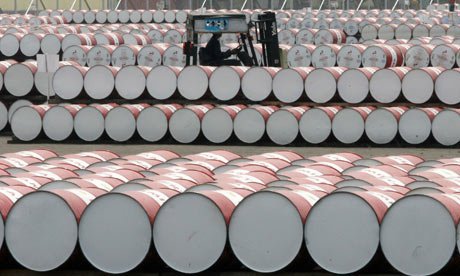Global oil prices have been on the rise since September last year. During 2017-2018, the Organisation of the Petroleum Exporting Countries (OPEC) led by Saudi Arabia and non-OPEC Russia cut down production to enable the recovery in oil prices, a move that will continue into 2018 to support the prices.
“An escalation of US military attack against Syria following its allegation of having broken international law established by the United Nations and the Geneva Conventions by deciding to use chemical weapons on rebels in the country and possible Russian and Iranian response to the strikes, could determine the direction of benchmark oil prices, but generally it is expected to maintain an upward trend,” CMA states in its Q1 2018 soundness report.
According to the report, the growth in the US’s shale oil production has delayed OPEC’s dedication to address the lengthened oversupply of oil although the arranged meeting between OPEC and the US Shale firms in March this year could change the status quo.
The International Energy Agency predicts that the US will become the largest oil producer by 2019, overtaking Russia, as its shale oil boom keeps on with altering the global markets.
Therefore, the increasing oil prices and the 16 percent VAT to be introduced in September 2018 could negatively affect Kenya’s trade competitiveness because of the surge in the cost of living and production. In turn, this could result in reduced government revenues due to decreased exports and local consumption contrary to the government’s goal to cut budget deficits, increase revenues, and reduce budget accumulation.




